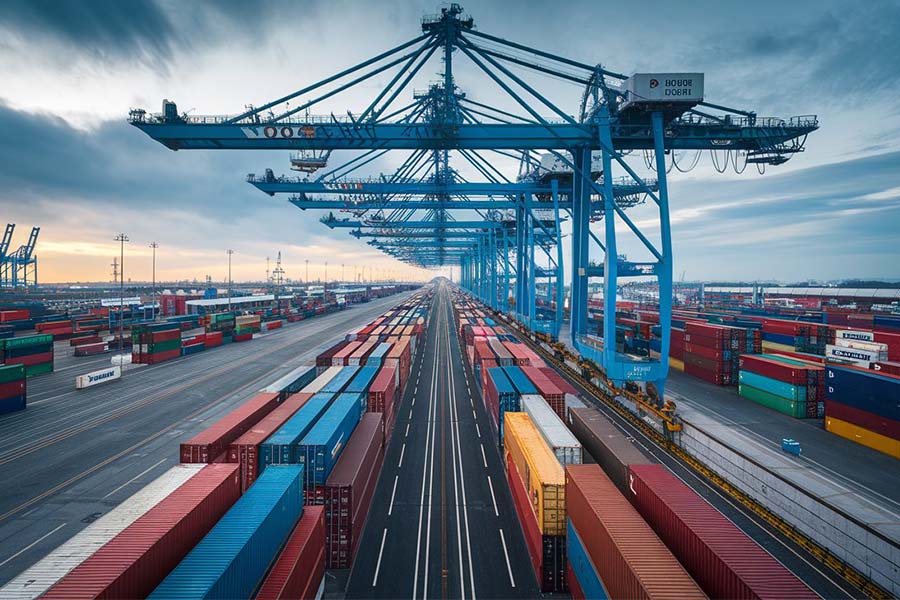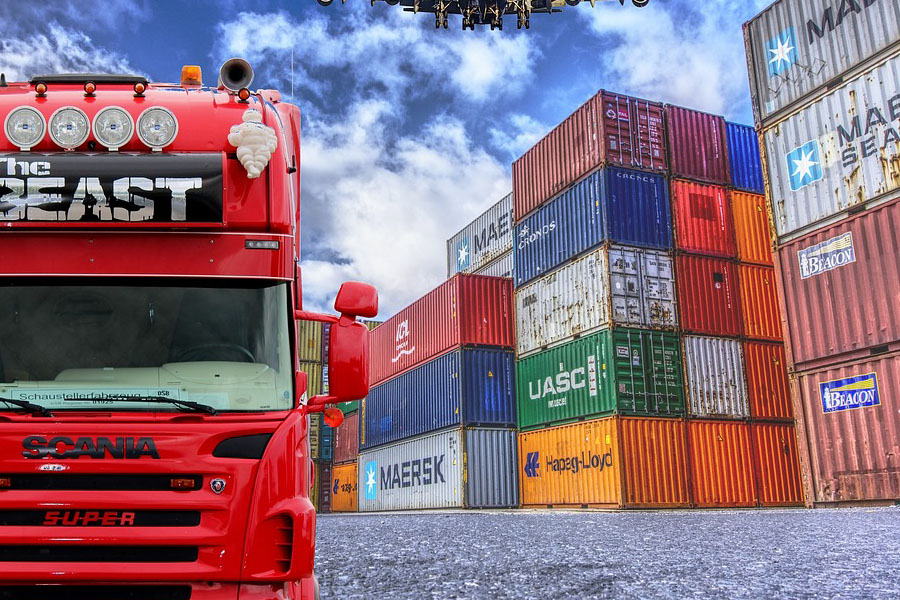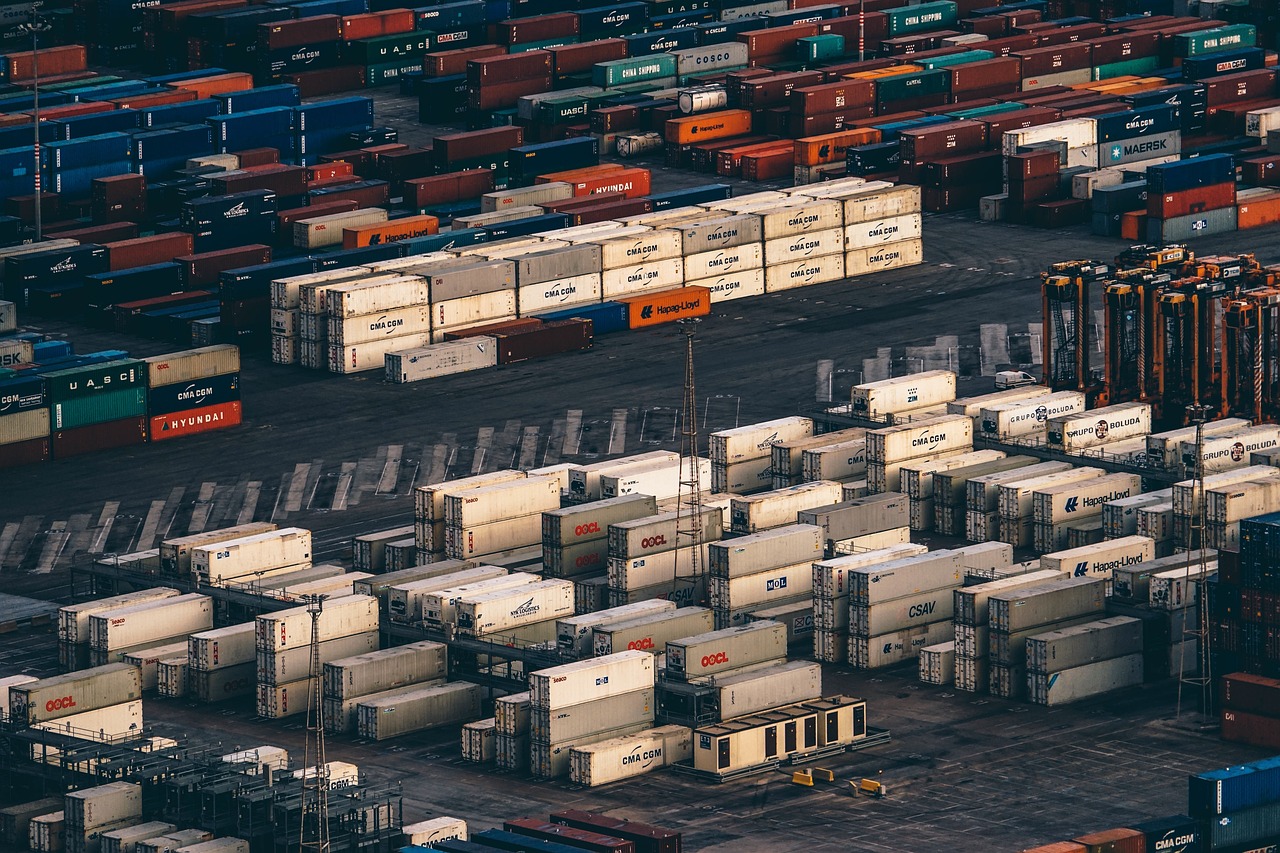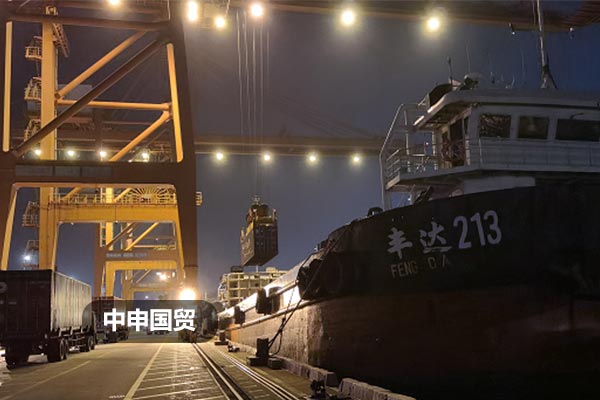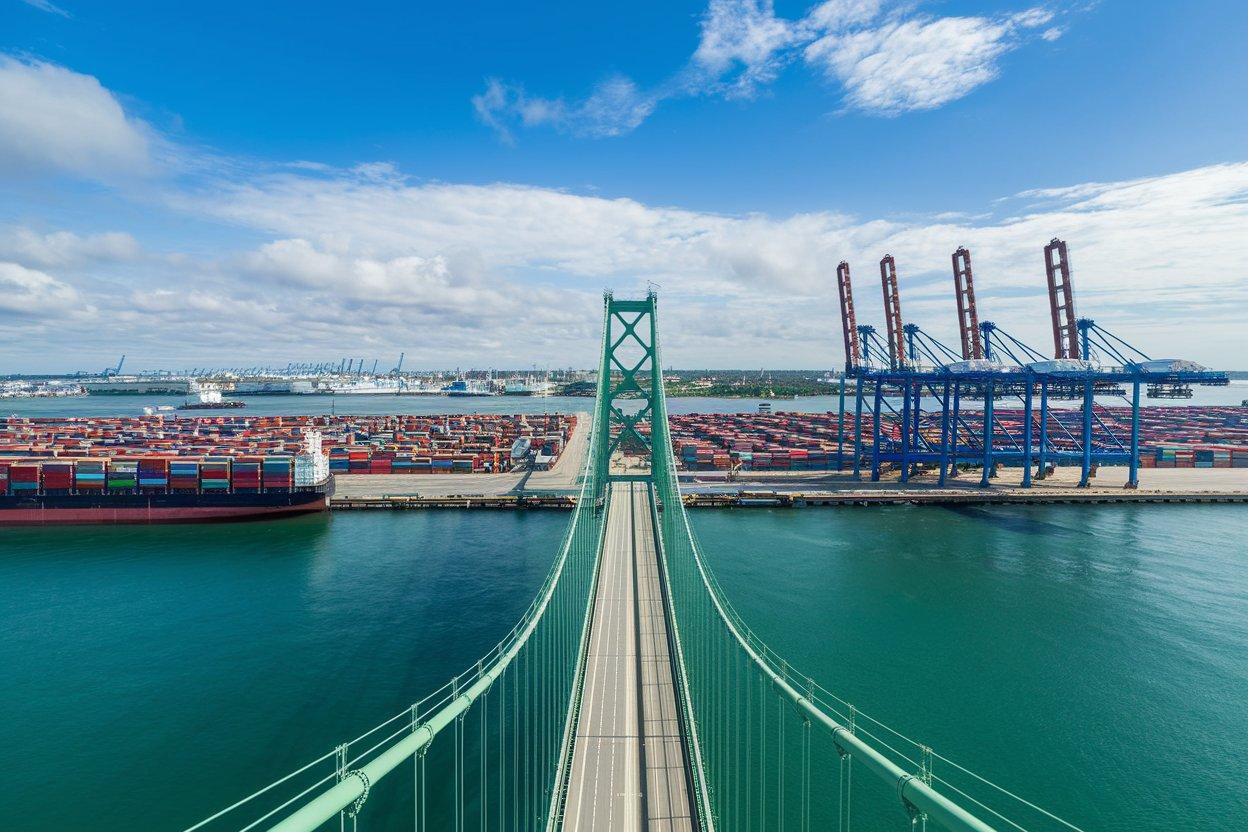- Shanghai Zhongshen International Trade Co., Ltd. - Two decades of trade agency expertise.
- Service Hotline: 139 1787 2118
Water well drill bits are common tools in industrial applications, where material selection directly impacts performance and service life. As a high-quality alloy structural steel, 35CrMo is widely used due to its excellent mechanical properties. However, recent feedback from freight forwarders indicates that products containing molybdenum (Mo) elements may face inspection risks or even be mistakenly identified as controlled items. This raises the question: Can 35CrMo water well drill bits be smoothly exported? This article will address this question by examining material properties, export regulations, and practical experience.Export ClearanceAnalysis of 35CrMo material properties

35CrMo is an alloy structural steel with molybdenum (Mo) content in its chemical composition ranging between
As a strategic rare metal, molybdenum indeed receives attention in international trade due to its critical role in industrial and military applications. However, the export compliance of molybdenum-containing products depends not merely on the presence of molybdenum but is closely related to specific applications, processing levels, and whether they are listed in control catalogs. The use of 35CrMo steel in water well drill bits as processed finished products, rather than raw rare metal materials, is crucial in compliance analysis. 0.15%~0.25% Interpretation of Chinas export control regulations
According to the Export Commodity Inspection Law of the Peoples Republic of China and related policies, China implements strict management on the export of rare earth and related products. However, 35CrMo steel is not directly listed as a rare earth product or prohibited export item. Customs supervision of export goods primarily focuses on the following requirements:
Quality, safety, hygiene, and environmental protection standards;
- Whether they fall under categories explicitly prohibited or restricted by the state.
- For molybdenum-containing products, although molybdenum is a rare metal, its low content in alloy steel (far below the 2%~3% in stainless steel or higher proportions in high-speed steel) and finished product attributes typically prevent it from being classified as rare earth raw materials. Therefore, as long as water well drill bits are not intended for special uses (e.g., military applications), there are no explicit regulatory restrictions on their export.
Inspection risks in customs declaration practice
The phenomenon of products containing metal elements being prone to inspection mentioned by freight forwarders may stem from heightened customs sensitivity to rare metals. However, practical experience shows that many alloy steel products containing molybdenum (e.g., stainless steel, high-speed steel) can be exported normally. The key lies in the following two points:
: Accurately complete the customs declaration form with details such as product name (e.g., water well drill bit), material (e.g., 35CrMo steel), and application (e.g., industrial drilling tool) to avoid ambiguous descriptions that may cause misunderstandings.
- Compliant DeclarationDifference between finished products and raw materials
- : Water well drill bits are deeply processed industrial finished products rather than rare earth raw materials, which reduces their likelihood of being classified as controlled items.For example, products made of 20CrMo or 40CrMo materials have faced no obstacles when declared normally according to their intended uses. This confirms the feasibility of exporting 35CrMo water well drill bits.
Case studies and experience sharing
In practical cases, many exports of alloy steel finished products have not been hindered due to molybdenum content. For example:
In actual cases, the export of many alloy steel products has not been hindered due to the presence of molybdenum. For example:
- Stainless steel products: Molybdenum content up to 2%~3%, widely exported without issues;
- High-speed steel tools: Even higher molybdenum content, still conventional export commodities;
- Similar cases: Mechanical components containing 20CrMo and 40CrMo, cleared customs smoothly with normal declaration.
These examples indicate that customs supervision focus on molybdenum-containing products lies in whether the purpose is clear and the declaration is standardized, rather than the molybdenum content itself. As industrial tools, 35CrMo water well drill bits typically wont trigger additional restrictions unless involving prohibited uses.
Export strategy recommendations
To ensure smooth export of 35CrMo water well drill bits,foreign tradepractitioners can take the following measures:
- Standardized declaration: Clearly list product name, material, and purpose in the customs declaration form, avoiding vague or sensitive terms.
- Highlight purpose: Emphasize the product as industrial water well drill bits, distinguishing them from rare earth raw materials or strategic supplies.
- Communicating in advance: Consult freight forwarders or professional customs brokers for the latest customs policies, and contact local commerce departments if in doubt.
- Prepare documentation: Prepare material certificates or quality inspection reports for potential customs inspection.
Conclusion
Considering material characteristics, regulatory requirements, and practical experience, 35CrMo water well drill bits areexportableunder normal circumstances. Although their molybdenum content (0.15%~0.25%) may attract customs attention, as processed industrial products, they generally dont fall under export control. Foreign trade practitioners only need to ensure compliant declaration and clear purpose to effectively avoid inspection risks and complete the export process smoothly.
Related Recommendations
? 2025. All Rights Reserved. Shanghai ICP No. 2023007705-2  PSB Record: Shanghai No.31011502009912
PSB Record: Shanghai No.31011502009912
